Gardening Boosted my Mood: How to Trigger Dopamine in 4 Steps
how Gardening Boosted my Mood and overcome my own mental health struggles. Now I’ll share my 4-step process to help you trigger dopamine
Mindful gardening is more than simply tending to plants—it's an intentional, immersive practice that aligns emotional awareness with nature’s rhythms. It’s the art of being fully present in the garden, whether you’re planting seeds, pulling weeds, or simply observing the movement of light through leaves. This connection fosters calm, reduces anxiety, and helps regulate emotions by anchoring attention in the present moment. Gardening, when approached mindfully, can become a source of therapeutic relief, a daily ritual that nurtures not only plants but also emotional balance. Each motion, from digging into soil to gently watering sprouts, becomes a sensory anchor. The feel of cool earth between fingers, the scent of herbs crushed beneath fingertips, and the distant hum of bees all offer a natural form of sensory engagement. For individuals struggling with restlessness, overthinking, or emotional exhaustion, mindful gardening provides a structured yet gentle method to slow down and return to the body. One of the core aspects of this practice is its emphasis on routine and presence rather than perfection. A gardener doesn't control the rain or the speed of a flower’s bloom. Similarly, life resists total control. This lesson—taught through trial and patience—helps cultivate acceptance. It’s about learning to observe without judgment. When a plant wilts or fails to thrive, instead of reacting with frustration, the mindful gardener reflects, adjusts, and moves forward. This mirrors emotional resilience. Gardening can also help develop emotional vocabulary. When witnessing natural cycles of life, growth, decay, and regeneration, individuals often become more attuned to their inner seasons. The quiet time spent in the garden can lead to gentle introspection. Many gardeners find that their thoughts become clearer while their hands are busy. Rather than intellectualizing feelings, they are processed through movement and presence. For people navigating stress or emotional overwhelm, gardening creates space for nonverbal healing. Plants don’t demand explanations. They grow steadily with care and consistency. They respond to energy and attention. In moments when words feel hard to find, the act of planting something and watching it grow can offer a sense of progress, even if life feels stagnant elsewhere. Another deeply healing aspect of mindful gardening is the relationship it nurtures with time. Modern life encourages urgency—faster productivity, instant results, multitasking. But seeds follow a different clock. They germinate on their own schedule. Growth is slow, often imperceptible at first. This natural timeline encourages patience. It rewires the nervous system from hyper-alertness to grounded presence. Instead of measuring progress in minutes, the gardener learns to measure it in leaves, shoots, and seasons. Even the garden’s quiet spaces hold therapeutic value. Silence becomes a companion. Rather than needing to fill every moment with noise or conversation, the gardener becomes comfortable with stillness. Many find that their garden becomes a sanctuary—a space to retreat and recalibrate, away from the overstimulation of digital environments. Phones are left indoors. Screens are replaced with sky and soil. The emotional intelligence cultivated in the garden often carries over into other areas of life. Mindful gardeners begin to notice the parallels between nurturing plants and nurturing relationships. They listen more, judge less, and allow people room to grow. This creates a softer, more accepting approach to both self and others. In terms of brain health, the impact of gardening is increasingly supported by research. Studies show that gardening reduces levels of cortisol, the stress hormone, and can lower symptoms of depression and anxiety. Time spent outdoors also supports circadian rhythm regulation, improving sleep patterns. Exposure to soil bacteria like Mycobacterium vaccae is believed to act as a natural antidepressant by increasing serotonin levels in the brain. These biological effects are enhanced when gardening is approached mindfully, because awareness deepens the body’s response to relaxation. Children and adults alike benefit from mindful gardening. For children, it builds focus, teaches responsibility, and fosters a sense of wonder. For adults, it can provide relief from burnout and improve emotional regulation. For elders, it encourages movement, boosts memory through routine, and reinforces a sense of purpose. Community gardening introduces an added layer of connection. Sharing tasks, harvests, and stories fosters social bonds. People who may feel isolated or disconnected often rediscover a sense of belonging in shared garden spaces. The communal nature of gardening encourages empathy and collaboration, as everyone works toward a common goal. Urban gardening adds yet another layer. For those living in dense, fast-paced environments, carving out a green corner—on a balcony, rooftop, or window box—creates an oasis. This space, no matter how small, becomes a portal to a slower rhythm. Container gardening, vertical growing, and indoor herbs can offer just as much mindful engagement as large backyards. The textures and colors of plants also contribute to emotional well-being. Colors influence mood—green is associated with renewal, blue with calm, yellow with joy. Touching soft leaves or brushing hands over lavender can trigger soothing responses. These sensory moments, repeated daily, become grounding rituals. Mindful gardening also includes an appreciation for biodiversity and ecosystem health. As gardeners become more observant, they notice the role of bees, worms, and pollinators. They begin to prioritize sustainability—composting, reducing chemical use, and supporting native species. This ecological awareness nurtures a deeper connection with the planet. In caring for plants, the gardener learns to care for the Earth. For individuals managing grief, trauma, or anxiety, the garden offers a steady place to return to. It requires attention but does not demand performance. It listens without interrupting. It allows for movement on hard days and stillness on harder ones. Each visit becomes a step in emotional recalibration. Mindful gardening isn’t about producing the most vegetables or the perfect bouquet. It’s about showing up, paying attention, and forming a quiet relationship with nature. Through this relationship, emotional regulation, mental clarity, and inner peace become more accessible—not as a destination, but as a rhythm.
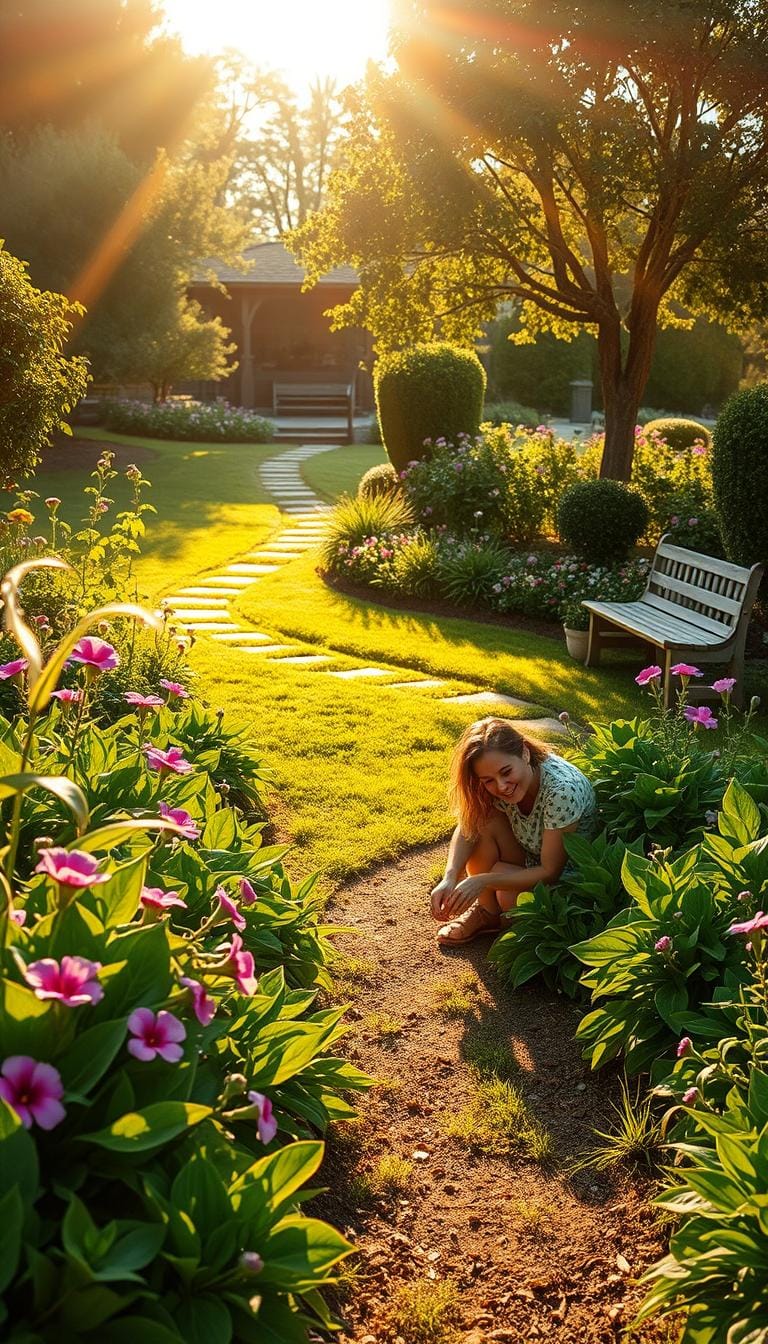
how Gardening Boosted my Mood and overcome my own mental health struggles. Now I’ll share my 4-step process to help you trigger dopamine
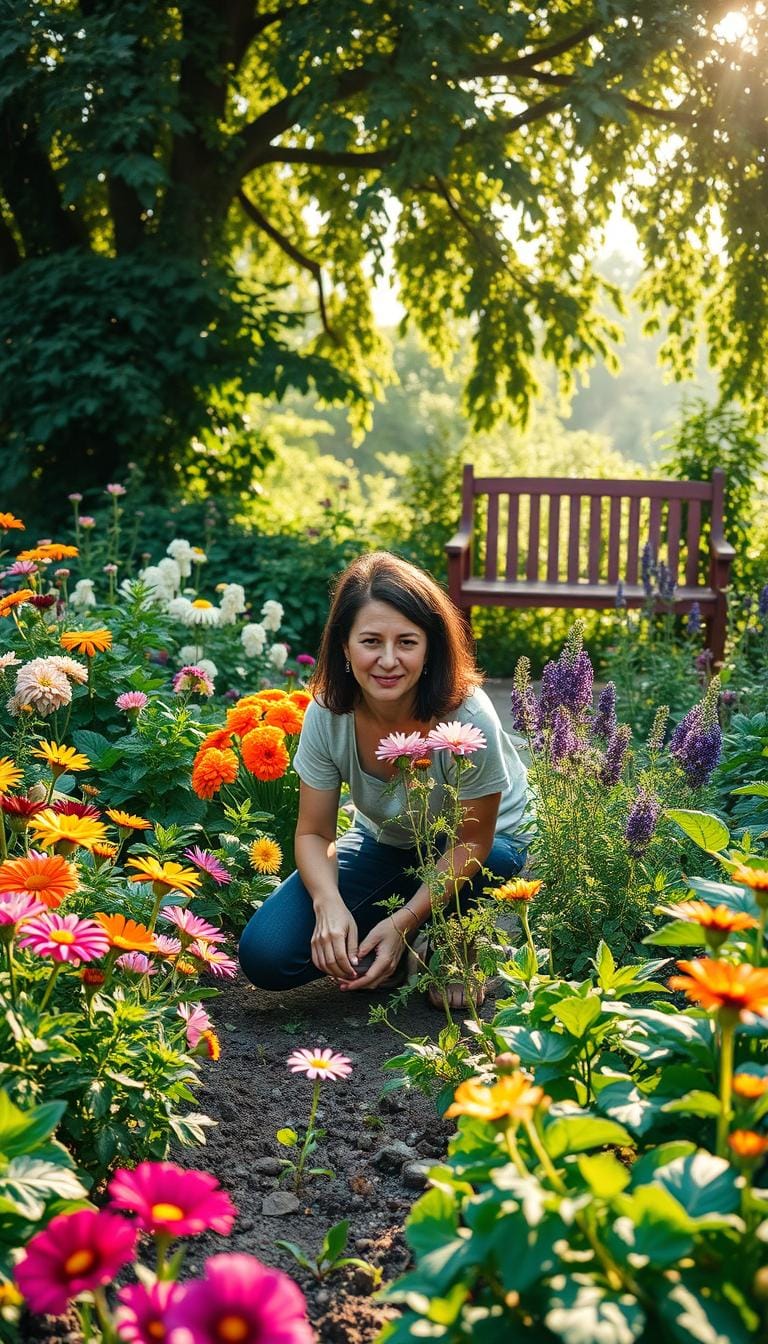
Discover How Gardening to Boost Mood, and learn 3 steps to naturally release serotonin…
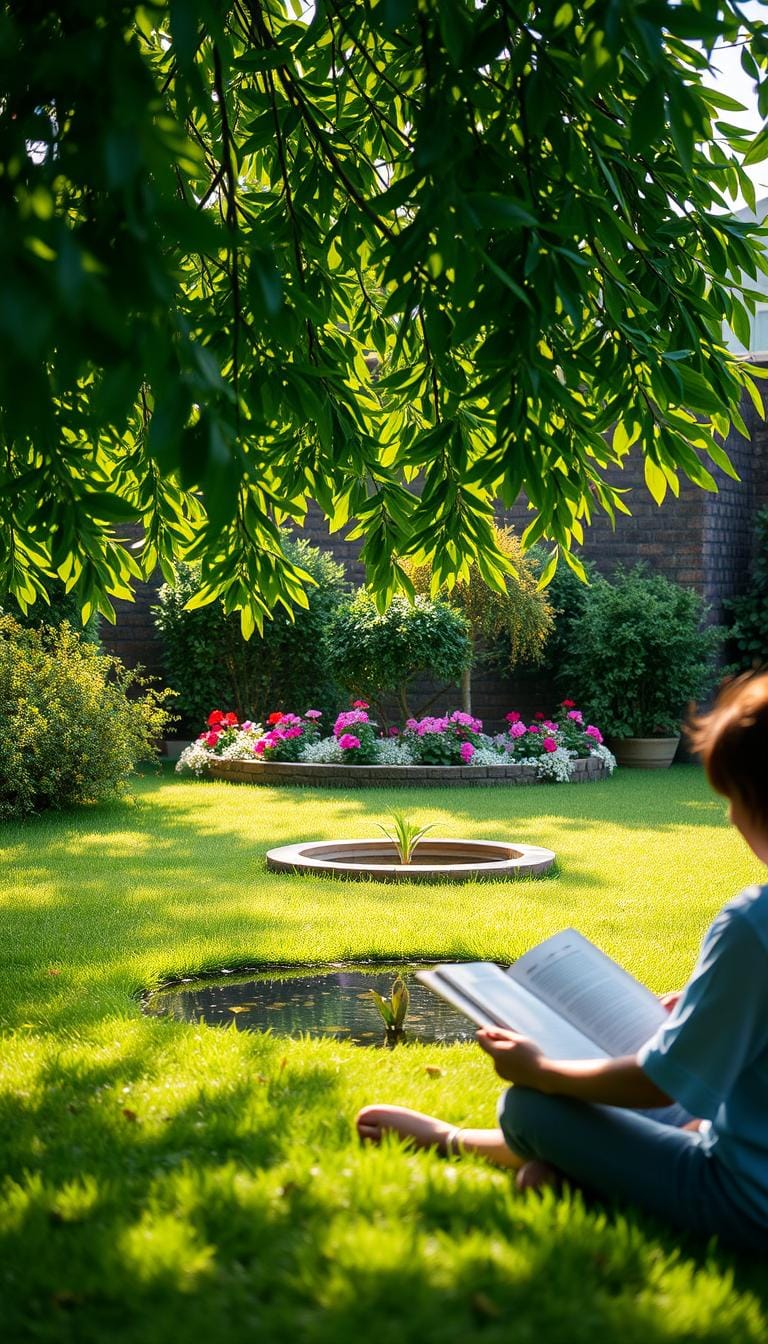
Gardening to Improve Focus. I’ll explore 7 signs that tending to your plants is boosting your focus and concentration.
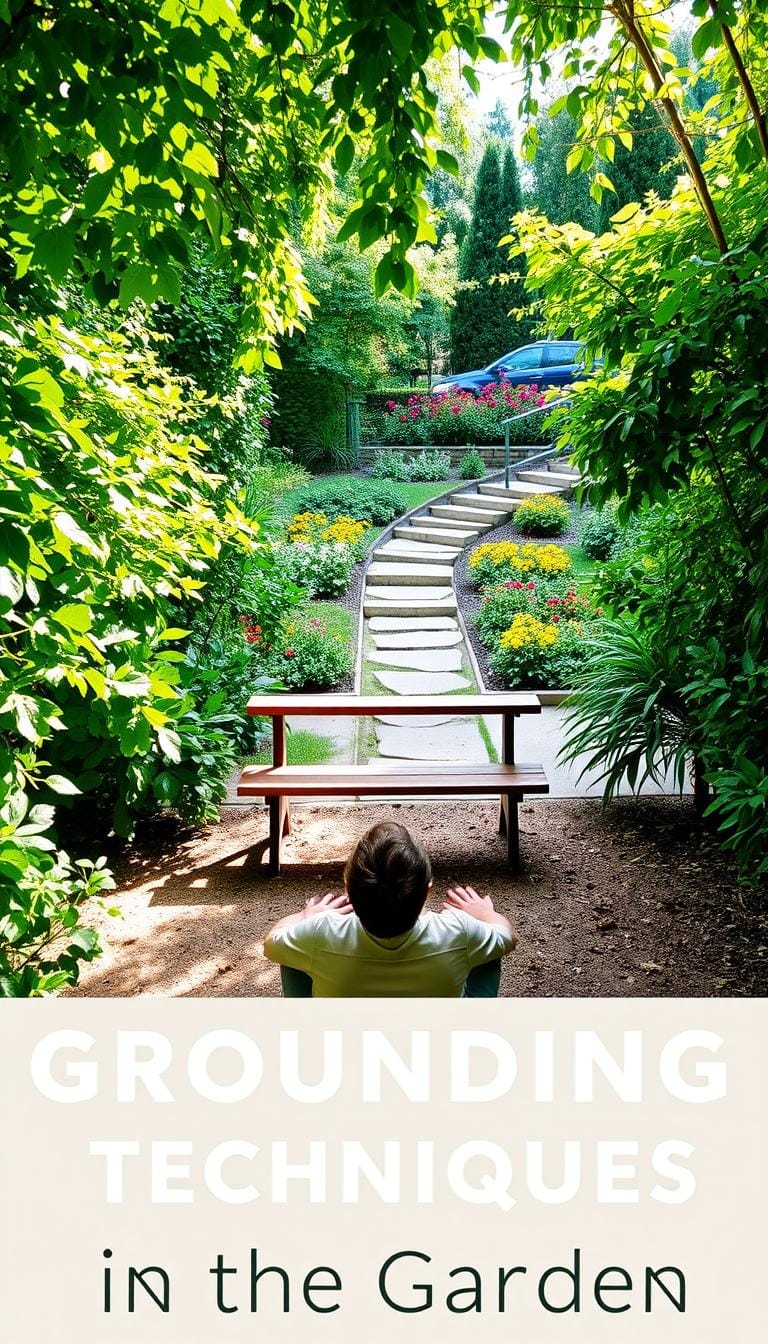
Learn how to practice mindfulness in 3 easy steps with my grounding techniques in the garden.

Gardening for anxiety relief – I share 5 easy ways to use gardening to calm your mind and ease stress naturally.
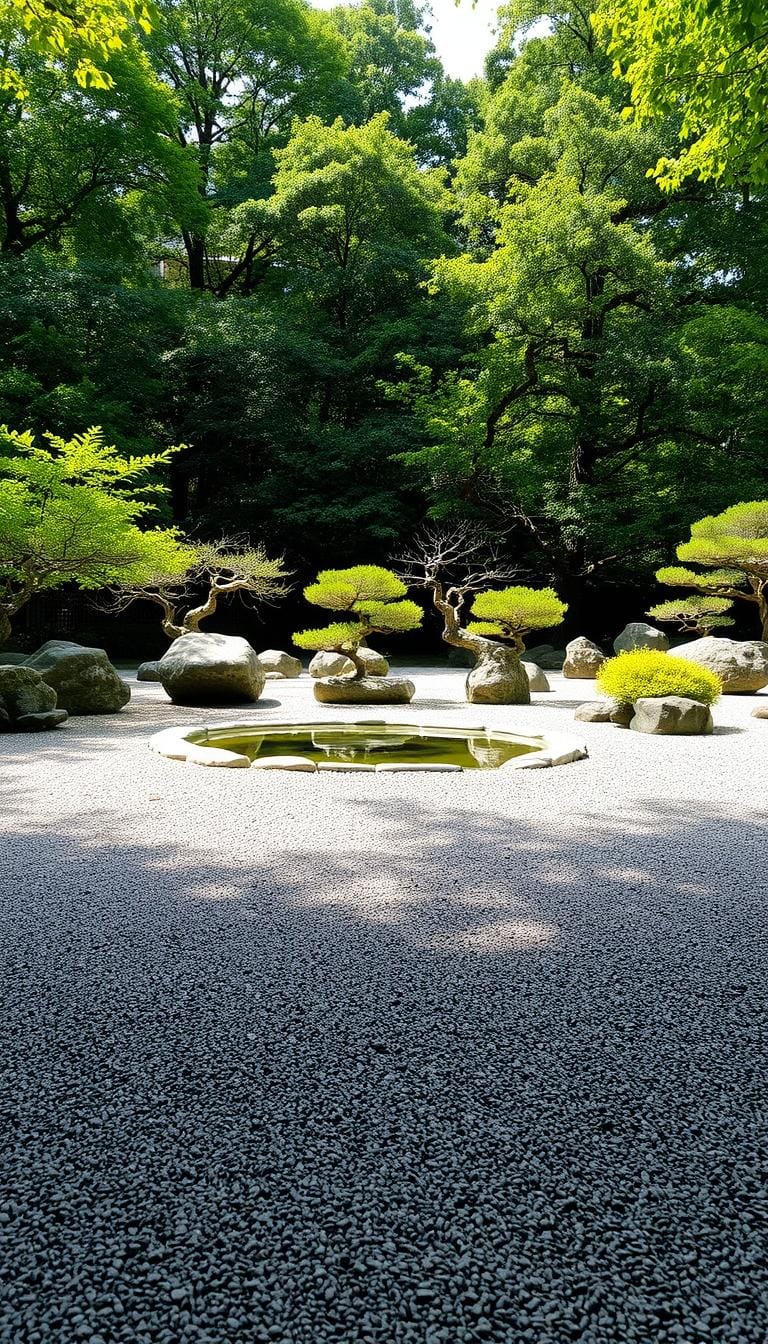
I’ll show you 5 gardening meditation practices to help you reduce stress, boost mindfulness, and find your zen.
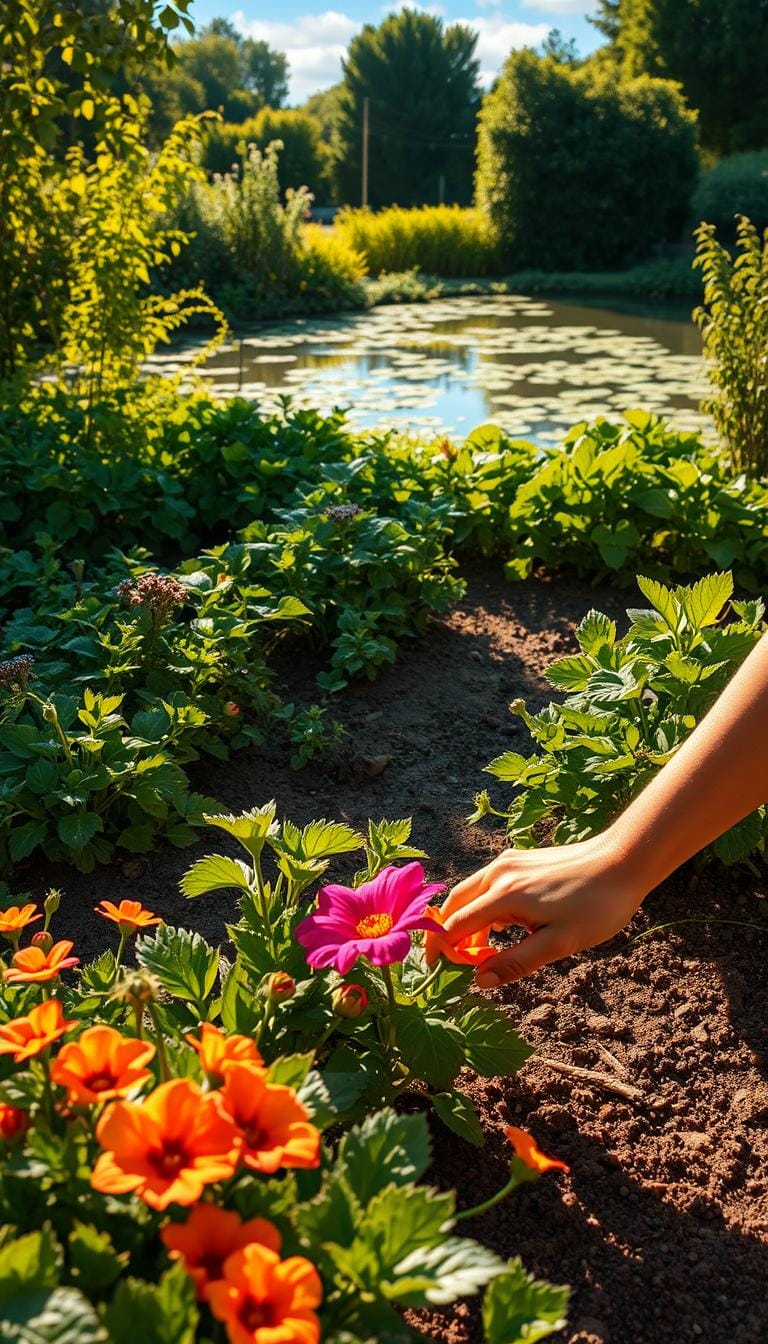
Gardening For Mental Health. I’ll show you how gardening can reduce stress and boost your mental well-being with 5 easy tips.

Discover the 7 signs it’s time for natural therapy and alternative healing. I’ll guide you towards a healthier, more balanced life.